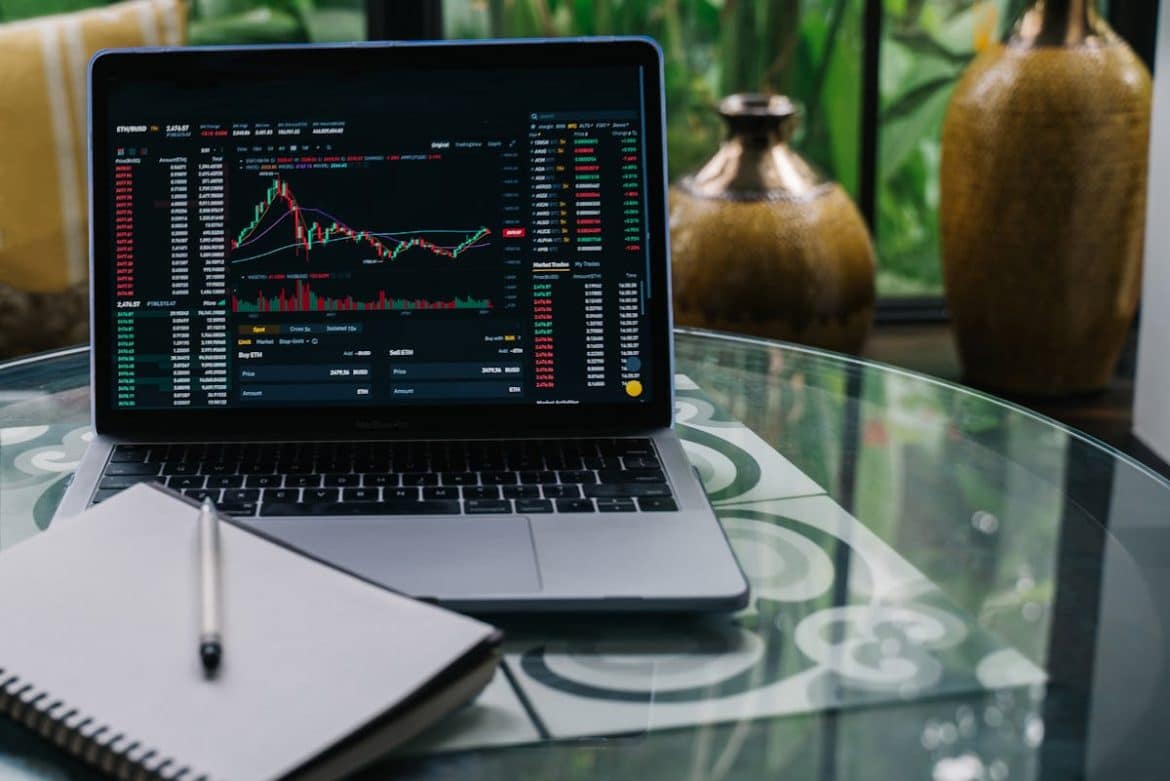Working for a prop firm provides traders with distinctive advantages and demanding conditions. Prop firms provide traders with substantial financial resources and capital, which they would struggle to obtain on their own. The opportunity to trade for a prop firm presents multiple challenges that include emotional control, strict risk protocols, and unpredictable market behavior. Any trader who wants to succeed in a prop firm environment must learn to overcome these specific obstacles.
Emotional Trading and Discipline
Traders encounter emotional trading as a frequent challenge that stands in their way. Market fluctuations tend to produce intense emotional responses because losing runs create frustration, but winning runs generate excessive confidence. The combination of emotions and discipline creates judgment problems that produce subpar choices. Traders need to develop disciplined trading habits while following a pre-established trading plan to prevent emotional trading mistakes. Successful traders prioritize the consistent execution of their strategy over immediate trading results. The ability to control emotions stands as the essential factor for achieving lasting trading success.
Risk Management and Capital Protection
Risk management is vital in prop firm trading. Many traders fail because they take excessive risks, allowing losses to run and cutting profits too early. Proper risk management includes having clear guidelines, such as stop-loss orders and strict position sizing. A trader should never risk more than a small percentage of their account on any single trade. This discipline ensures the protection of capital and prevents large losses that could wipe out gains. Protecting your capital is always the top priority.
Navigating Market Conditions and Strategy Adaptability
No single strategy works consistently across all market conditions, especially when trading for prop firms. Traders must be able to adapt to different market scenarios. Some days will be volatile, while others will be slow and choppy. It is crucial to recognize when a strategy is not working and make adjustments accordingly. Sticking to a failing strategy for too long can lead to significant losses. The best traders are flexible and able to adjust their approach as needed, always remaining aware of the market’s ever-changing conditions. This adaptability is a critical skill for any trader working with a prop firm.
Psychological Resilience and Overcoming Setbacks
The psychological aspect of trading cannot be underestimated. Losses are inevitable, and some traders become discouraged after a string of failures. This can lead to hesitation or revenge trading, where they try to recoup losses by taking excessive risks. Developing psychological resilience is crucial. A strong mindset allows traders to learn from mistakes without emotional attachment and remain focused on long-term progress. Understanding that setbacks are part of the journey and addressing them with a positive outlook is essential for continued growth.
Information Overload and Maintaining Focus
In today’s trading world, there is an overwhelming amount of advice, strategies, and indicators available. This information overload can confuse and lead to poor decision-making. The key to success is filtering out the noise and focusing on what works. It’s better to master one strategy rather than constantly switching approaches. Sticking to a clear plan and staying true to one’s analysis without being swayed by external opinions leads to better consistency and clearer decision-making.
The Importance of Consistency and Patience
One of the most significant challenges for traders is developing consistency. Many traders experience highs and lows, with some days yielding great profits and others leading to substantial losses. The key to long-term success lies in a consistent approach. Relying on a proven strategy, avoiding impulsive decisions, and managing emotions can lead to steadier, more predictable results over time. Additionally, patience is essential—successful trading is a long-term endeavor, and expecting quick profits often leads to frustration and poor decision-making. By focusing on gradual progress and sticking to a structured plan, traders can build consistent performance and see positive outcomes in the future.
Conclusion
Success in prop firm trading comes with its own set of challenges, but overcoming them is possible through discipline, emotional control, and adaptability. Traders who manage their risk effectively, stay focused on their strategies, and develop psychological resilience are more likely to thrive in the long run. The journey is not without obstacles, but with patience and persistence, traders can improve their performance and achieve their goals. With each challenge overcome, the rewards become more attainable, making the effort worthwhile in the end.
Image from Pexels

